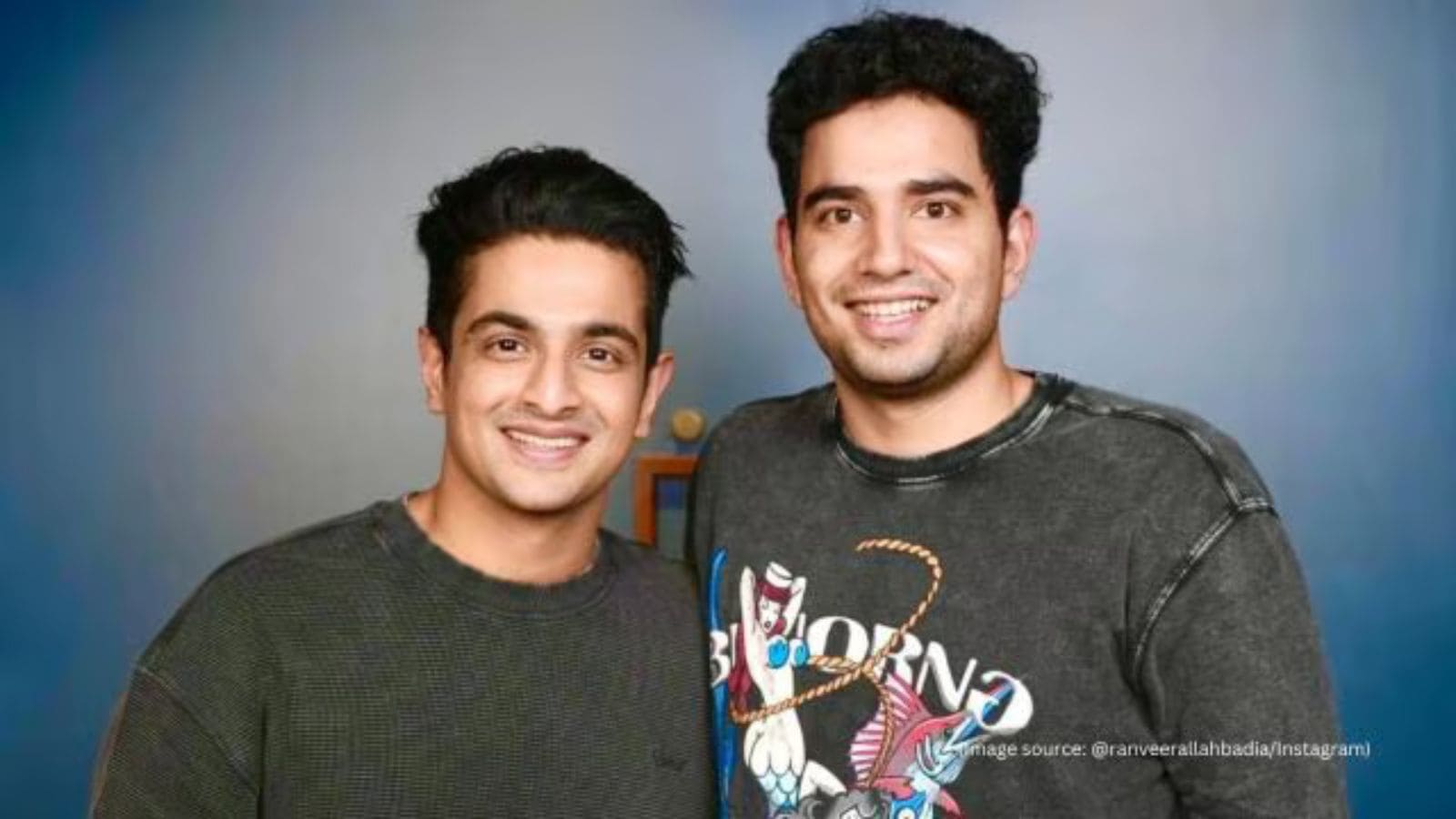 |
|
The recent controversy surrounding a joke made by YouTuber Ranveer Allahbadia on the show ‘India’s Got Latent’ highlights a deeper issue within Indian society: a remarkably low threshold for humor and a tendency towards excessive outrage. The swift and disproportionate reactions, including FIRs filed by police in multiple states, reveal a society struggling to differentiate between offensive speech and comedic expression. This incident echoes a similar event a decade ago involving AIB, demonstrating a consistent pattern of overreaction to jokes deemed offensive. The question arises: why is India, a nation brimming with diverse cultures and perspectives, seemingly so resistant to humor that pushes boundaries or challenges established norms?
The article suggests several potential explanations for this societal hypersensitivity. One contributing factor is the reverence for cultural identities – languages, states, religions, and castes – which are often viewed as inviolable and any attempt at comedic commentary on these aspects seen as a profound offense. This sensitivity is further amplified by a generally conservative societal structure that discourages challenging authority, even through lighthearted means. The normalization of this hypersensitivity has consequently limited the scope of acceptable humor in India, confining it to predictable and often uninspired forms such as gender stereotypes, marriage jokes, and superficial regional caricatures. This restricted comedic landscape hinders the growth and evolution of more sophisticated and challenging forms of comedy, such as satire, improvisation, and nuanced social commentary.
The author points to another troubling aspect of the Indian comedy scene: audiences often laugh before the punchline is even delivered, indicating a lack of discernment and diminishing the value of comedic skill. Crafting a joke requires an understanding of timing, audience anticipation, and the ability to build and release tension – a skill often ignored in the context of readily available laughter. The article also touches upon the very nature of laughter, highlighting its instinctive and uncontrolled aspect. We may not always have control over what makes us laugh, and our reactions to humor can reveal much about our personalities. Laughter plays a crucial role in coping with life’s difficulties, offering a shared moment of relief and connection with others. Yet, the excessive reactions to seemingly innocuous jokes suggest a societal need to revisit the concept of humor itself and develop a more tolerant and discerning approach.
The author concludes by emphasizing the need to raise the collective bar for humor in India. By choosing not to overreact to every perceived offense, we can foster a more inclusive and accepting environment for comedic expression. Ignoring minor perceived slights or offensive comments allows space for genuine humor to flourish. The current trend of filing FIRs and launching probes for relatively harmless jokes demonstrates a society that is not only intolerant of humor that challenges the status quo, but also one that fails to appreciate the subtle art of comedic timing and construction. This intolerance inhibits the exploration of comedic possibilities and ultimately deprives the audience of genuine laughter, making comedy merely a repetitive, safe, and ultimately, unfunny experience.
The oversensitivity to potentially offensive humor is not just a matter of individual taste, but speaks to a broader issue of freedom of expression within a complex societal structure. It reflects the tension between the need for social harmony and the imperative to allow for creative expression and satire. The case studies presented, involving both established and emerging comedians, point to a wider pattern of fear and self-censorship within the comedic community. The potential for legal action hangs over every joke, prompting comedians to self-regulate and limit their creativity to avoid the consequences of a swift and often disproportionate public backlash. This chilling effect on comedic expression is a significant matter for a vibrant democracy, and requires an open and honest dialogue to address the underlying societal issues that fuel this overreaction.
Source: Ranveer Allahbadia’s episode shows India does not get comedy — or have a high bar for it
